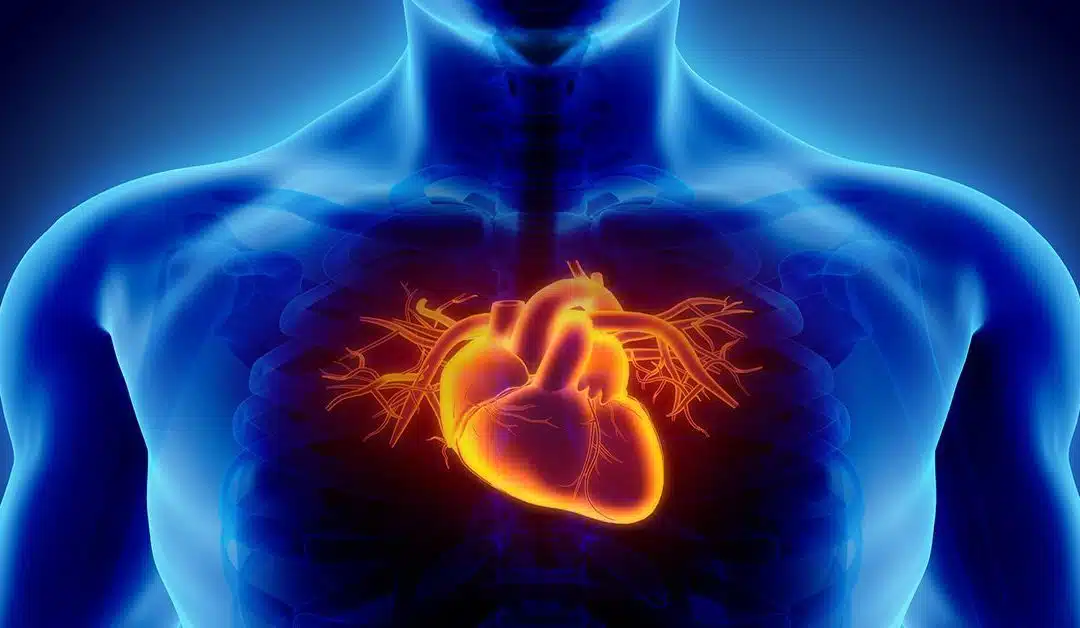An unhealthy gut can lead to a number of unpleasant symptoms and negative impacts on your overall health. Some common signs of an unhealthy gut include abdominal pain, bloating, changes in bowel movements (such as diarrhea or constipation), and unexplained changes in weight. In addition to digestive issues, an unhealthy gut can also cause fatigue, skin problems, and a weakened immune system. If you are experiencing any of these symptoms, it is important to speak with a healthcare professional to determine the cause and find the appropriate treatment.
Mood
The make-up of microbes in your gut includes bacteria, yeasts, and fungi and they are collectively known as the gut microbiome. These microbes can directly impact your mood and overall wellness by producing a variety of compounds that affect your brain. Your gut produces about 95% of your body’s supply of serotonin, which is the “feel good” hormone. The other 5% is produced in your brain. Your brain and gut communicate with one another, which is known as the gut-brain axis. In the same way, unhealthy gut symptoms can have a detrimental affect on your overall mood.
Types of Bacteria
Certain bacteria in your gut can produce a compound known as GABA which is a neurotransmitter that plays a particularly key role in reducing symptoms of anxiety and depression. In a similar fashion, other types of gut bacteria can produce compounds like norepinephrine and dopamine that help with your body’s stress response, regulation of sleep and alertness, and can also impact your motivation, pleasure, and perception of reality. Moreover, if the make-up of your gut bacteria, yeast and fungi are not well balanced, then your mood can suffer from decreased amounts of these compounds and their ability to communicate with the brain.
Energy
A healthy gut microbiome will significantly improve your ability to digest and absorb nutrients from your food. These nutrients are involved in providing your body with energy, especially the B-vitamins. B12 is specifically synthesized by gut bacteria. In addition, your gut microbes produce a number of metabolites and microbial compounds that affect nutrient uptake. Serotonin in your gut affects sleep and prolonged sleep disturbances can lead to chronic fatigue. Instead, the ability to get energy from properly digested food and have adequate serotonin levels to improve sleep are all undoubtedly affected by your gut health.
Digestive System
It’s no surprise that your gut health impacts your bowel movements. The metabolites and microbial products your gut microbes produce affect your gut motility. One of the common signs your gut is unhealthy is frequent diarrhea, meaning there is likely malabsorption of key nutrients. The good microbes in your gut are a huge factor in decreasing cramping, abdominal pain, bloating, gas, diarrhea, and constipation. A healthy gut will increase your ability to process food and eliminate waste with less unwanted gastrointestinal symptoms.
Immune System
Having a balanced microbiome means that your good bacteria and bad bacteria can co-exist in your gut without negative outcomes. Therefore, if the population of gut bacteria, viruses, fungi, and yeasts are unbalanced, then pathogens can enter the body and get into the bloodstream to cause disease. This is an underlying sign of an unhealthy gut. Henceforth, a healthy gut microbiome will protect against an overabundance of pathogenic bacteria and thus protect against chronic disease.
Weight Management
Gut microbes affect production of your appetite hormones. Undeniably, a balanced gut microbiome will reduce sugar cravings and weight fluctuations. Subsequently, an unbalanced gut microbiome will make it more difficult for you to absorb nutrients and regulate your blood sugar. If you cannot properly control your blood sugar levels, you can develop insulin resistance leading to unwanted weight gain and in some instances, type II diabetes. On the other hand, certain diseases involving gut microbes like small intestinal bacterial overgrowth (SIBO) can cause unwanted weight loss.
Final Thoughts
In summary, your mood, energy levels, gastrointestinal symptoms, maintenance of a healthy immune system and body weight are all affected by your gut microbes. Chronic issues in any of these areas could be caused by a variety of things but could also be a sign that your gut is unhealthy.
References:
- “5 Ways Gut Health Affects Your Sex Life — and How Probiotics Can Help.” Accessed June 21, 2022. www.healthline.com/health/healthy-sex/probiotics-gut-sex-life#chronic-conditions.
- Healthline. “7 Signs of an Unhealthy Gut and 7 Ways to Improve Gut Health,” July 2, 2018. https://www.healthline.com/health/gut-health.
- Banskota, Suhrid, Jean-Eric Ghia, and Waliul I. Khan. “Serotonin in the Gut: Blessing or a Curse.” Biochimie, 70 years of Serotonin, 161 (June 1, 2019): 56–64. https://doi.org/10.1016/j.biochi.2018.06.008.
- Boston, 677 Huntington Avenue, and Ma 02115 +1495-1000. “The Microbiome.” The Nutrition Source, August 16, 2017. https://www.hsph.harvard.edu/nutritionsource/microbiome/.
- Duranti, Sabrina, Lorena Ruiz, Gabriele Andrea Lugli, Héctor Tames, Christian Milani, Leonardo Mancabelli, Walter Mancino, et al. “Bifidobacterium Adolescentis as a Key Member of the Human Gut Microbiota in the Production of GABA.” Scientific Reports 10, no. 1 (August 24, 2020): 14112. https://doi.org/10.1038/s41598-020-70986-z.
- Heiss, Christina N., and Louise E. Olofsson. “Gut Microbiota-Dependent Modulation of Energy Metabolism.” Journal of Innate Immunity 10, no. 3 (June 2018): 163–71. https://doi.org/10.1159/000481519.
- MD, Amy Myers. “Serotonin and the Gut: The Gut-Brain Axis.” Amy Myers MD, October 18, 2021. www.amymyersmd.com/article/serotonin-gut-health/.
- Mitchell, Leanne, and Christine Stewart. “The Important Role of Serotonin.” Microba. Accessed June 22, 2022. https://insight.microba.com/blog/the-important-role-of-serotonin-in-your-gut/.
- Cleveland Clinic. “Probiotics: What Is It, Benefits, Side Effects, Food & Types.” Accessed June 21, 2022. https://my.clevelandclinic.org/health/articles/14598-probiotics.
- Rutsch, Andrina, Johan B. Kantsjö, and Francesca Ronchi. “The Gut-Brain Axis: How Microbiota and Host Inflammasome Influence Brain Physiology and Pathology.” Frontiers in Immunology 11 (2020). www.frontiersin.org/article/10.3389/fimmu.2020.604179.
- Harvard Health. “Should You Take Probiotics?,” May 4, 2015. https://www.health.harvard.edu/staying-healthy/should-you-take-probiotics.
- Tardy, Anne-Laure, Etienne Pouteau, Daniel Marquez, Cansu Yilmaz, and Andrew Scholey. “Vitamins and Minerals for Energy, Fatigue and Cognition: A Narrative Review of the Biochemical and Clinical Evidence.” Nutrients 12, no. 1 (January 16, 2020): 228. https://doi.org/10.3390/nu12010228.
- Wagener, Dan, M. A. Last Updated: October 26, and 2021. “Norepinephrine and Dopamine Reuptake Inhibitors (NDRIs).” American Addiction Centers. Accessed June 21, 2022. https://americanaddictioncenters.org/antidepressants-guide/ndris.
- Yong, Shin Jie. “Vitamin B12: Can Gut Bacteria Synthesize It?” Microbial Instincts (blog), June 16, 2020. https://medium.com/microbial-instincts/vitamin-b12-can-gut-bacteria-synthesize-it-d64aa7b075da.







